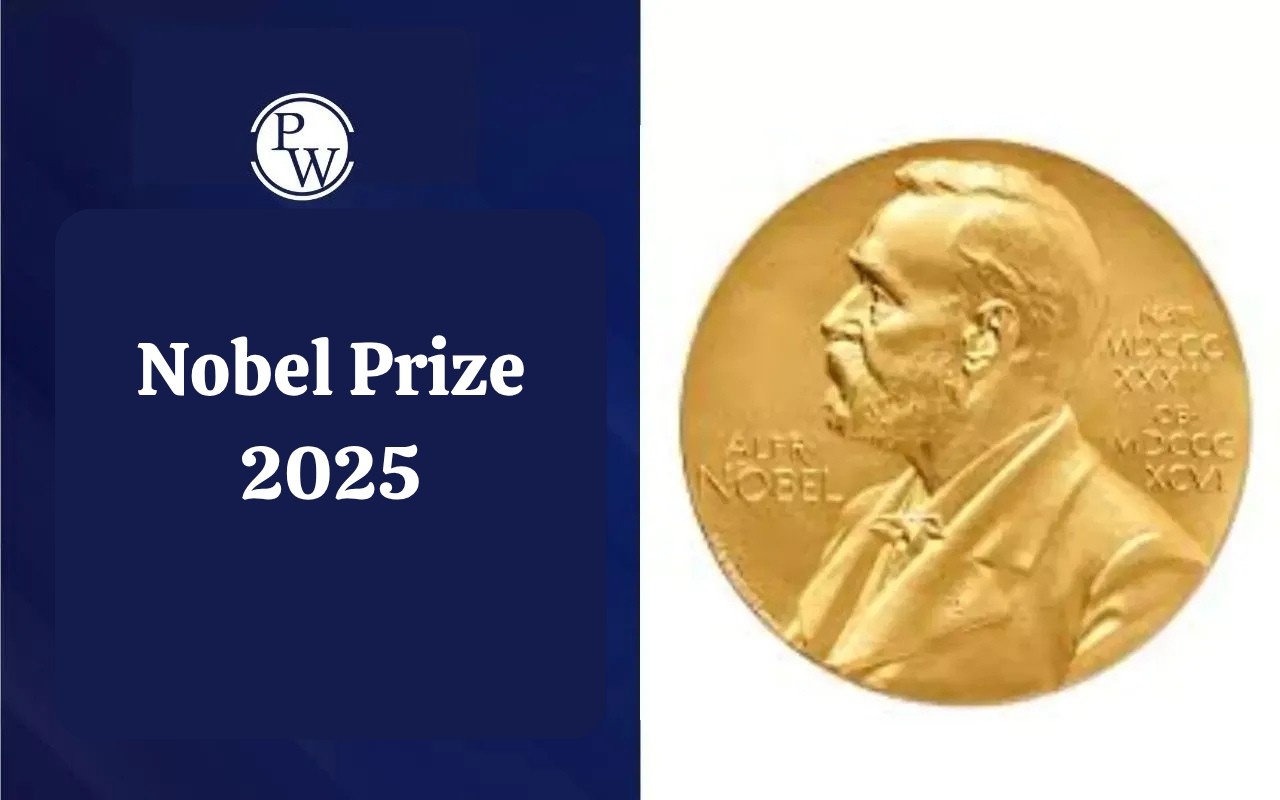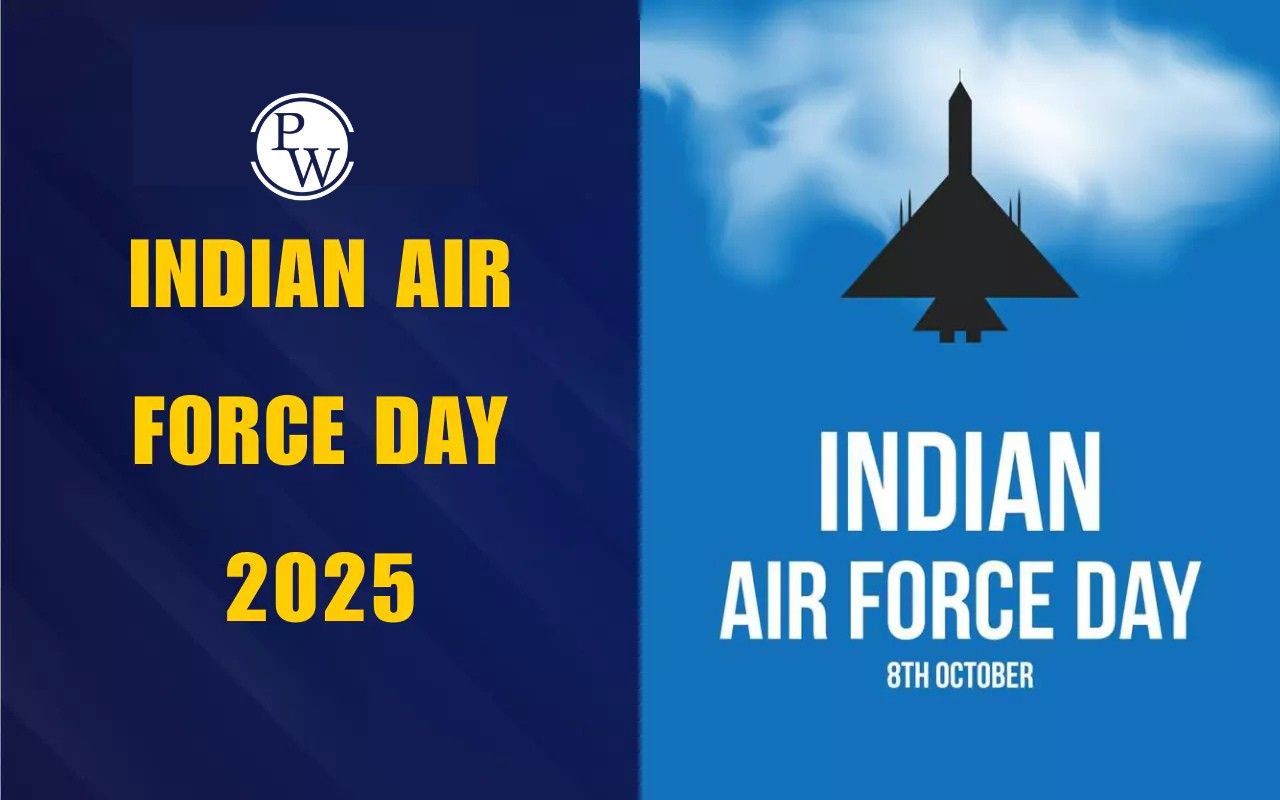

Rashtriya Swayamsevak Sangh: In 2025, the RSS completed 100 years since it was started. This is a very important moment in India’s history. The RSS is a big organization made up of volunteers who want to help make the country stronger.
The main goal of the RSS is to help India grow in every way. Over the years, it has taught people to love their country, stay disciplined, and serve others without expecting anything back.
100 Years of RSS
In 2025, the Rashtriya Swayamsevak Sangh (RSS) celebrated 100 years of service. This day promotes discipline, Indian culture, community service, and national unity through its volunteers across India.
| 100 Years of RSS | |
| Feature | Details |
| Founded | 1925 in Nagpur, Maharashtra |
| Purpose / Goal | To cultivate disciplined, responsible citizens who value Indian culture |
| Shakhas | Local units where volunteers (Swayamsevaks) train in fitness, leadership, and community service |
| Volunteer Activities | Educational programs, social projects, disaster relief, public health initiatives |
| Current General Secretary | Dattatreya Hosabale |
| Core Principle | Members work selflessly to uplift society and uphold cultural values |
| Centenary Celebrations (2025) | Seminars, community gatherings, and public events highlighting contributions and promoting civic duty and national unity |
What is RSS?
The full form of RSS is Rashtriya Swayamsevak Sangh, which translates to the National Volunteer Organization. It functions as a volunteer-based body focused on fostering cultural awareness, discipline, service, and social responsibility among its members, known as Swayamsevaks.
RSS Foundation Headquarters and Founder
Rashtriya Swayamsevak Sangh (RSS) started its first branch on Vijayadashami in 1925 in Nagpur, Maharashtra. It was founded by Dr. Keshav Baliram Hedgewar, who was a doctor and social leader. He wanted the organization to help build good character in people and teach love and dedication for the country.
The leader of the RSS is called the Sarsanghchalak. Right now, Dr. Mohan Bhagwat has been in this position since 2009. The main office of the RSS is still in Nagpur, Maharashtra. With strong leaders and clear ways of working, the RSS has continued its work for over 100 years. Its volunteers follow the motto: “Nation First.”
RSS Centenary Celebrations 2025
Prime Minister Narendra Modi released a special ₹100 coin and a postage stamp on October 1, 2025, in New Delhi to celebrate 100 years of the Rashtriya Swayamsevak Sangh (RSS).
He praised the RSS, calling it the "soul of India’s national spirit," and said its work is very important for helping India become a developed country by 2047. The coin and stamp honor the RSS for its 100 years of service, teaching discipline, love for the country, and helping people in society.
| RSS Centenary Celebrations 2025 | |
| Topic | Details |
| Event | PM Modi unveiled a ₹100 commemorative coin and a special postage stamp on October 1, 2025, at the Ambedkar International Centre, New Delhi. |
| Significance | The RSS was hailed as the "embodiment of timeless national consciousness," with its role being crucial in the mission to build a Developed India (Viksit Bharat) by 2047. |
| ₹100 Coin Design | One side features the National Emblem. The reverse side is a historic first, depicting Bharat Mata in the Varad Mudra (gesture of granting boons), accompanied by a lion, with Swayamsevaks (volunteers) paying tribute. |
| Coin Motto | The inscription reads: "Rashtraya Swaha, Idam Rashtraya, Idam Na Mama" (Everything is dedicated to the nation, Everything is the nation’s, Nothing is mine). |
| Commemorative Stamp | The stamp pays tribute to the dedication of RSS volunteers, specifically illustrating their historic participation in the 1963 Republic Day parade, symbolizing their unwavering commitment to nation-building. |
| Shakha Philosophy | The daily Shakha (branch) is highlighted as the unique training ground where the journey from 'Me to We' begins, emphasizing character development, discipline, and selfless community work. |
| Affiliated Initiatives | Organizations like Sewa Bharati, Vanvasi Kalyan Ashram, Vidya Bharati, and Ekal Vidyalayas are noted for their extensive work in tribal welfare, education, healthcare, and social justice, reaching even the most remote parts of the country. |
| Organizational Comparison | The RSS's widespread, nurturing impact across India is likened to a great river that branches out to enrich and nourish various lands and communities along its course. |
| Panch Parivartan Framework | The Panch Parivartan (Five Transformations) are guiding principles for volunteers to tackle modern challenges, focusing on Self-Awareness (Sva-Bodh), Social Harmony, Family Enlightenment, Civic Discipline, and Environmental Consciousness. |
| Overall Message | The special coin and stamp serve as a tribute to the century-long legacy of the RSS's service, patriotism, and dedication to national progress, aiming to inspire both current and future generations of Swayamsevaks. |
Rules for Government Employees Joining RSS?
For employees working in government services in India, the ability to join the Rashtriya Swayamsevak Sangh (RSS) is governed by specific regulations. All of these rules are made to balance out individual freedom and participation in the organization.
| Rules on Government Employees Joining RSS | |
| Rule for Government Employees Joining RSS | Details |
| Participation Allowed | Government employees can join RSS and take part in its activities, as long as it doesn’t affect their official work. |
| Political Work Restriction | When joining RSS activities, government employees must stay neutral in their official work and make sure their RSS involvement does not clash with their government job. |
| Neutrality & Conflict of Interest | While participating in RSS activities, employees are required to remain neutral in matters concerning government work and ensure there is no conflict of interest between their professional role and organizational engagement. |
| Work Responsibility | If a government employee takes part in RSS activities, it should not affect how well or on time they do their official job. Their main duty is still their government work. |
| Civic Contribution | Joining RSS is seen as a way to help society, as long as government employees make sure it doesn’t affect their official work. |
Affiliated Organizations of RSS
RSS has created several affiliated organizations in order to support education, tribal welfare, and more. All of these organizations function across India, including remote areas. The major goal is to strengthen the communities.
| Affiliated Organizations of RSS | ||
| Organization | Focus Area | Key Activities |
| Vanvasi Kalyan Ashram | Tribal welfare | Programs for tribal education, health, and development |
| Sewa Bharati | Social service | Community service initiatives, disaster relief, and health programs |
| Vidya Bharati | Education | Schools and educational programs for children and youth |
| Ekal Vidyalayas | Rural education | Single-teacher schools in remote villages to provide basic education |
Rashtriya Swayamsevak Sangh FAQs
What are the 6 festivals of RSS?
Rashtriya Swayamsevak Sangh founded in which year?
Rashtriya Swayamsevak Sangh established by?
What is full form of RSS?
Who is the present leader of RSS?













